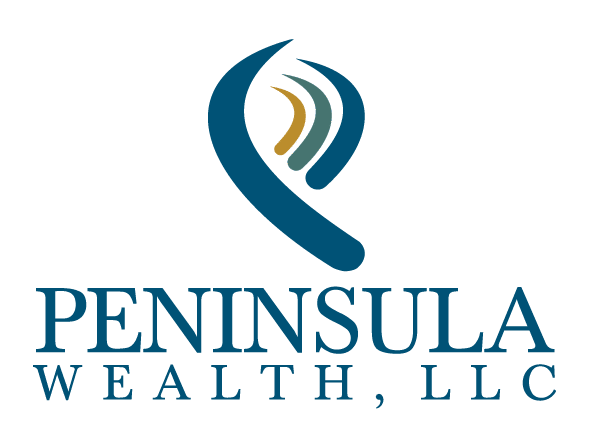Part of an effective financial planning strategy is a regular review of your assets and your debts. Knowing where you are with strategic savings goals, budgeting, and debts can help your financial planner understand how to think about your finances in the near future and how to build a long term plan.
Here are a few of the items we regularly review with our clients to keep them on track:
Overall Budgeting Needs
Budgeting and financial planning are not the same thing – but they can impact each other. We work with our clients to assess their overall spending habits versus income sources and make recommendations on the balance between spending and saving. We also offer support where needed if a client is interested in tightening or updating their budget. Having a clear understanding of your personal habits helps to build a plan for the future.
Cash Flow
The amount of and sources of income are one input into a budget that we also regularly review with our clients. While cash flow can ebb and flow over a lifetime, it’s important to keep an eye on what money is coming in the door and how reliable it is, long term. We also want to understand the future of income sources to understand how cash flow may change as you age.
Emergency Fund/Savings
Part of the cash flow conversation comes from a review of emergency fund or savings vehicles. We recommend a robust emergency fund for our clients but we have to balance that against having too much cash in a savings vehicle with a low interest rate. Assessing and staying on top of savings goals helps us make sure clients are supported in times of need but also optimizing their return.
Debts & Loans
The other side of the budgeting coin comes from the debts that you hold. Debt is a part of life but it’s also an important part of financial planning. When we meet with clients we make sure to inspect the current status of any debts or loans as well as their lifespan and amount. Knowing what debts need to be considered as part of our financial planning helps create a realistic and manageable plan for the future.
Home Financing
One major aspect of the debt conversation comes from a review of any current real estate holdings and the details of their financing. As we all know, interest rates can fluctuate year over year and can have a big impact on payment amounts. Reviewing your real estate loans for possible refinancing opportunities also helps us optimize your long term plan.
Credit Card Debt
Another important aspect of debt management comes from the balances that you may carry on your credit cards. Credit card debt is incredibly common these days but it can also be a major barrier towards financial security. We regularly review credit card debt as part of our debt management conversation to ensure we’re addressing any needs and have a plan if need be.
As you can see, cash and debt management is an important part of a financial plan. We believe these items serve as a foundation upon which we can build our overall plan for investments, stocks, compensation, etc. Without a clear understanding of what assets and debts exist and where they live, it’s difficult to build a plan to reach the next stage of your financial goals.

